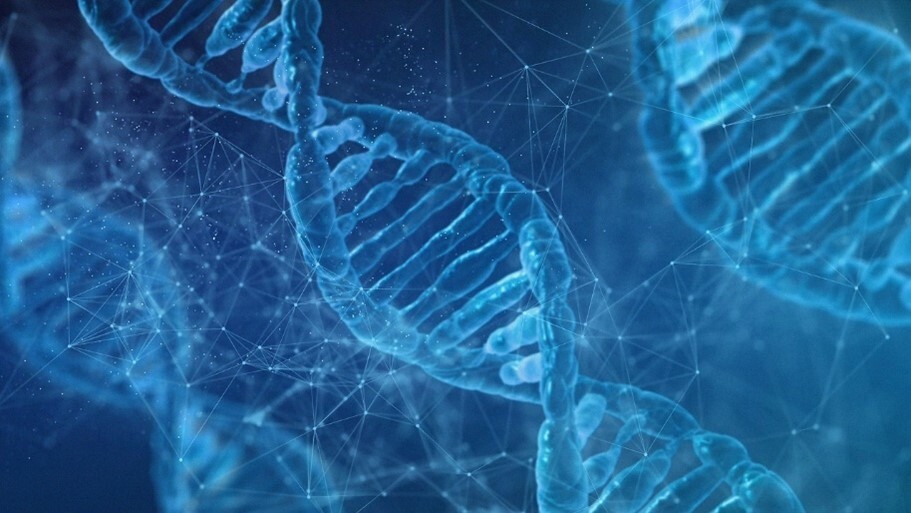
DNA & Databases 101: Types of DNA and How We Use Them (On-Demand)
Recorded On: 02/15/2024
- Registration Closed

On-Demand Webinar: DNA & Databases 101: Types of DNA and How We Use Them
75 Instructional Minutes
DNA has often been described as the gold standard of forensic science. Used by practitioners in the justice system to support identifications, prosecutions and exonerations, this forensic tool is ubiquitous in its use and reliability. This “DNA for beginners” webinar covers the basics of this important tool, including:
- The types of DNA markers that are used in the justice system, such as short tandem repeats (STRs), single nucleotide polymorphisms (SNPs) and mitochondrial DNA.
- Case circumstances and examples where these markers are used.
- A primer on the methods used to generate these profiles these DNA profiles.
- Foundational information about the various DNA databases such as CODIS, GEDmatch and Family Tree DNA as well as some of the similarities and differences between the databases.
This is part of the DNA in Court 101 Series: An Introduction to the Tools and Technologies of the Trade. This webinar series focuses on:
1. Understanding the basics of forensic DNA
2. The basics of statistics in DNA forensics
3. Emerging uses of DNA from CODIS to familial search to FIGG
4. How they fit into existing law enforcement practices and the criminal justice system
5. Established precedent on the use of DNA for active and cold cases as it relates to sample collection, consent, privacy, and statistics.
6. Best practices for testimony and expert witnesses
This series was made possible by support from QIAGEN.

Cost:
Members: $75
Non-Members: $100
If you would like to become a member, please join here!
Eligibility:
NDAA’s mission to serve and support prosecutors and their staff. In consideration of this commitment, NDAA requires that all those in attendance of our programs currently work in or work closely with prosecution: NDAA invites prosecutors, law enforcement officers, investigators, lawyers and paralegals in local, state, tribal, federal and military government attorneys’ offices. If you are not sure about your eligibility, please contact training@ndaajustice.org.
Questions?
Please contact training@ndaajustice.org.
Michael Coble, PhD
Executive Director
Center for Human Identification, UNTHSC
Michael Coble, PhD, is an Associate Professor and the Executive Director of the Center for Human Identification at the University of North Texas Health Science Center in Fort Worth, Texas. Dr. Coble received his Master’s Degree in Forensic Science and his PhD in Genetics from The George Washington University. He is a Fellow of the American Academy of Forensic Sciences and a member of the International Society for Forensic Genetics. He serves as a commissioner of the Texas Forensic Science Commission and is an invited guest at the Scientific Working Group on DNA Analysis Methods (SWGDAM). He is a co-editor of the Forensic Biology subject area of WIREs Forensic Science journal and is a member of the editorial boards of Forensic Science International: Genetics and the Journal of Forensic Sciences.
Mindy Montford
Senior Counsel, Cold Case and Missing Persons Unit
Texas Attorney General's Office
Mindy Montford has spent over twenty-five years working in the criminal justice system. Mindy grew up in Austin, Texas, earned her undergraduate and law degrees from the University of Texas and began her career in the Harris County District Attorney’s Office in Houston. In 1997, she served as the General Counsel for State Senator, Eddie Lucio, Jr. working for the Intergovernmental Relations Committee and Border Affairs Committee during the 76th legislative session. Mindy returned to prosecution in 1999 as an Assistant District Attorney in the Travis County District Attorney’s Office where she worked in the Trial Division, the Public Integrity Unit, and the Family Justice Division handling child abuse, white collar, sexual assault, domestic violence, and capital murder cases. Mindy co-founded the prosecution externship program at the University of Texas School of Law and served as an Adjunct Professor. In 2008, she started her own criminal defense practice until 2016 when she was asked to return to the Travis County D.A.’s Office as the First Assistant District Attorney where she oversaw approximately 230 employees, including over 90 attorneys, with an annual budget of over $24 million dollars. In 2021, Mindy started a statewide cold case and missing persons unit in the Criminal Investigations Division of the Texas Attorney General’s Office and currently serves as Senior Counsel for the Unit where she assists police agencies across the state with their unsolved homicide and missing persons cases.
Mindy has tried over 100 jury trials, testified before legislative committees on criminal justice reform issues, and has helped draft key pieces of legislation including the life without parole statute in Texas. She has made guest appearances on local news and radio shows as a legal analyst and has served as a board member for the Alzheimer’s Association, the Texas District and County Attorneys Association Foundation, the Travis County Women Lawyers’ Association, the Girl Scouts/Lone Star Council, the Junior League of Austin, and the Crime Prevention Institute.
This course was originally recorded on February 15, 2024
This course has been approved for 1 credit in Pennsylvania; 1.25 credits in Illinois, North Carolina, Ohio, Tennessee, Texas; 1.3 credits in Mississippi and Virginia. This course is pending in Kansas, and Mississippi. All other attorneys seeking self-study CLE credit should contact their state bar for more information. General questions or additional information regarding CLE credit can be directed to cle@ndaajustice.org.
Members are responsible for ensuring their state accepts self-applications for self-study CLE credits.
Upon completion of your on-demand course, you will be required to complete a quiz before accessing a CLE Uniform Certificate of Attendance for the recording. If your state accepts self-study credits, you can submit this certificate directly to your state bar. In states that have pre-approved this course, NDAA will submit attendance.
General questions or additional information regarding CLE credit can be directed to cle@ndaajustice.org.